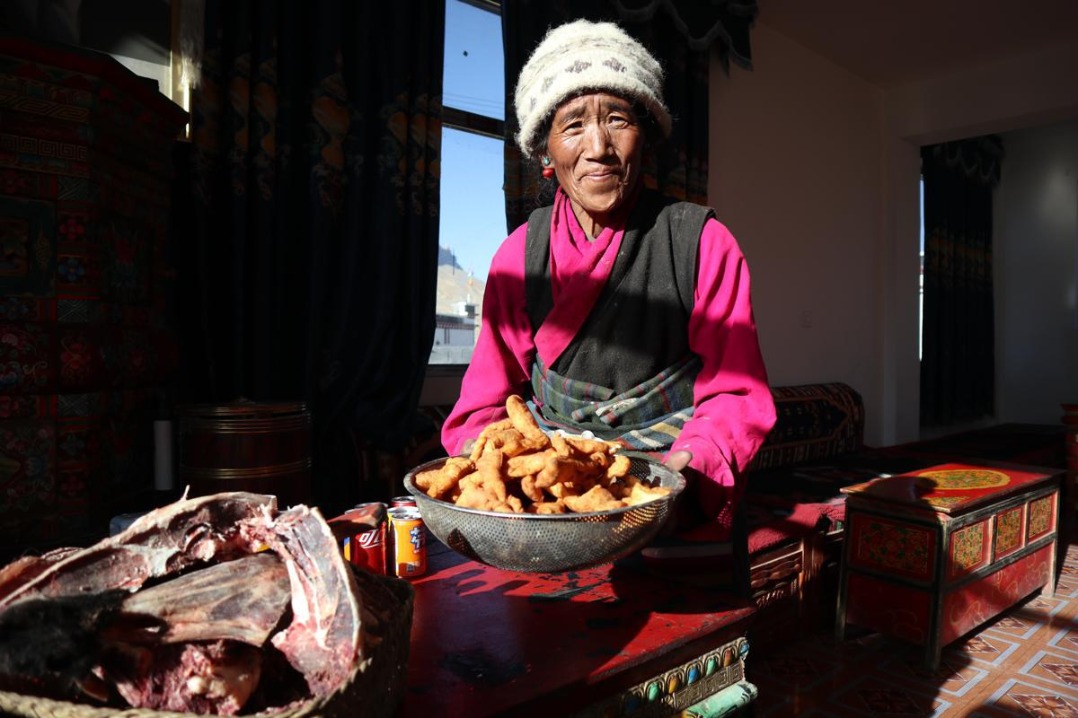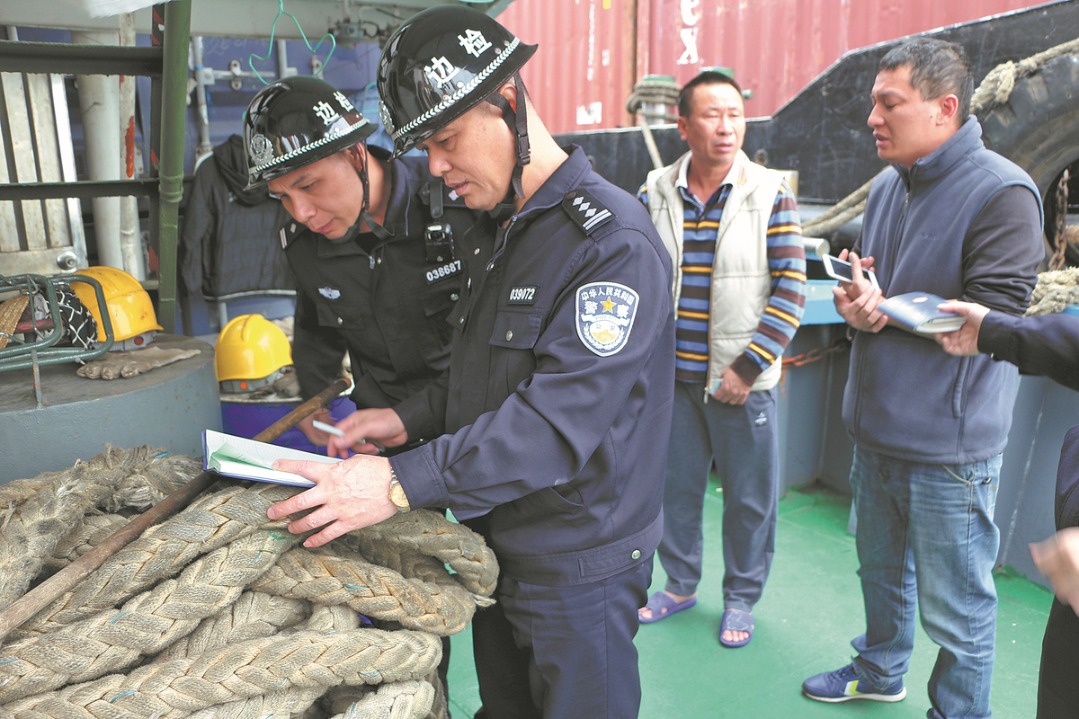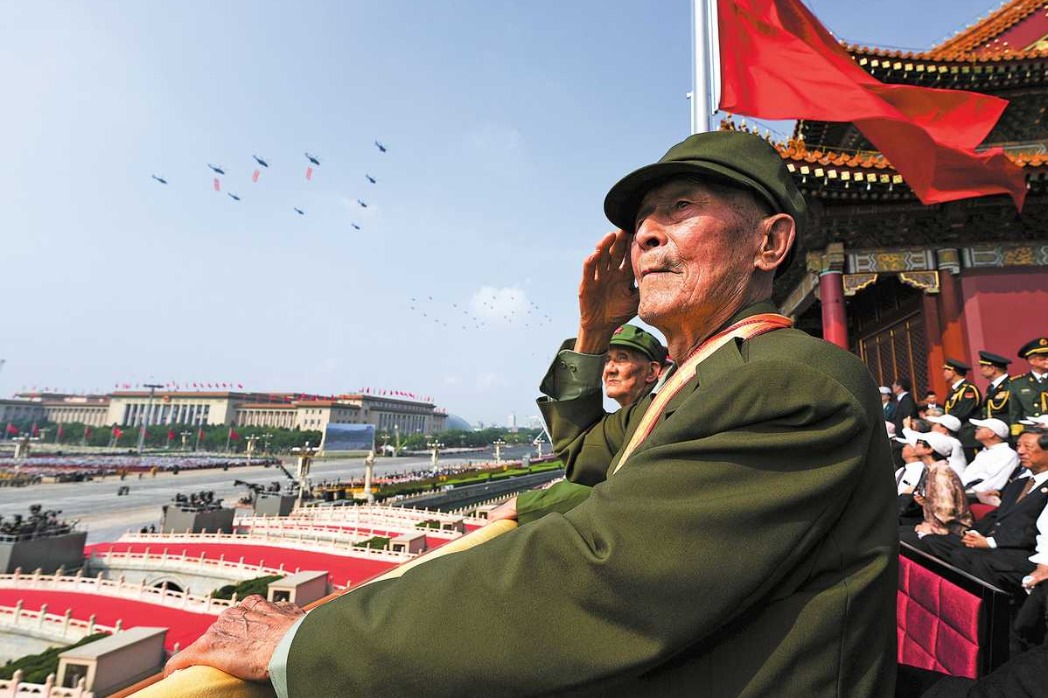China-Central Asia summit will inject new vitality into community with a shared future: China Daily editorial

The second China-Central Asia Summit in Astana, Kazakhstan, is set to inject fresh vitality to relations among the six countries.
With the world situation becoming increasingly defined by uncertainty and instability, the Astana summit provides a platform for President Xi Jinping and the leaders of the five Central Asian countries to compare notes on bilateral cooperation and exchange views on international and regional hot issues. They are expected to not only follow up the projects mapped out in the first summit in Xi'an two years ago but also expand the six countries' cooperation to broader fields and strengthen their strategic coordination on some burning issues of common concern.
On the sidelines of the summit, the respective meetings between President Xi and the Central Asian leaders will help make new top-level designs for the future development of China's relations with the respective five countries.
Over the past two years, under the guidance of heads-of-state diplomacy, China's relations with Central Asian countries have entered a new era. The cooperation between the two sides has continued to deepen and become more practical, injecting new impetus into regional development and bringing tangible benefits to people in the region.
It is therefore anticipated that the summit will further deepen mutual trust between China and the Central Asian countries, build consensus on collaboration, accelerate the docking of their development strategies, promote the quality and upgrading of their cooperation in various fields, and consolidate the foundation of a closer China-Central Asia community with a shared future.
Thanks to the strategic importance of the region that is increasingly highlighted by the vicissitudes in global geopolitics, international trade and the world economy, Central Asia has caught much more attention than before.
The engagement of some external parties has undoubtedly further complicated the geopolitical dynamics in the region. It is no secret that certain external forces have always regarded the region as a critical zone for instigating "color revolutions".
However, the Central Asian countries have strengthened their solidarity, and are pursuing a diversified and balanced foreign policy in response to such destabilization efforts. They prefer to engage in international affairs collectively via "5+1" mechanisms, while maintaining their diversified diplomacy, which is a practical and rational choice enabling them to strengthen cooperation with various stakeholders, thereby enhancing their geopolitical standing as a whole.
But to that end, they are well aware of the necessity to secure more development opportunities to bolster and improve the region's economic development. In this regard, China, as the world's second-largest economy, holds undeniable significance for them. China and the five countries have therefore consistently promoted deeper and ever more substantive economic and trade cooperation based on the principles of equality, mutual respect, and mutually beneficial collaboration.
China believes that the Central Asian countries' pursuit of unity in diversity aligns with the shared interests of the wider region. So China does not engage in "Central Asia competition" with any party.
Those who interpret the achievements in China-Central Asia relations as the result of China's efforts to establish "a sphere of influence" ignore the true regional dynamics. These dynamics have fostered the burgeoning China-Central Asia cooperation in new energy, the digital economy, agricultural technology, climate change, disaster reduction and prevention, not to counter any other party but to meet the needs of the people. The cooperation is set to be further strengthened by the Astana summit.
The cooperation and cultural exchanges between China and Central Asia have never ceased in relevant fields throughout history. It was during his visit to Kazakhstan in 2013 that President Xi put forward the proposal for countries in the region to work together to build the Silk Road Economic Belt. Today, with the subsequent proposal for a 21st Century Maritime Silk Road, the Belt and Road Initiative has become a significant international public good.
The Astana summit is conducive to building on the remarkable achievements China and the five countries have made in promoting common development based on their complementary economies and their shared commitment to multilateralism.


































